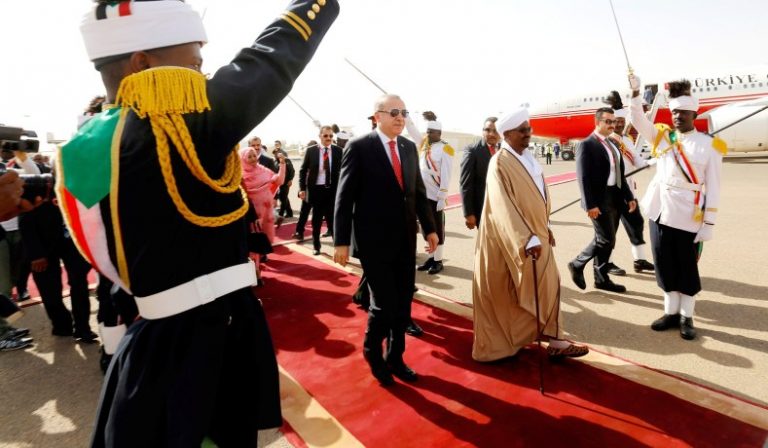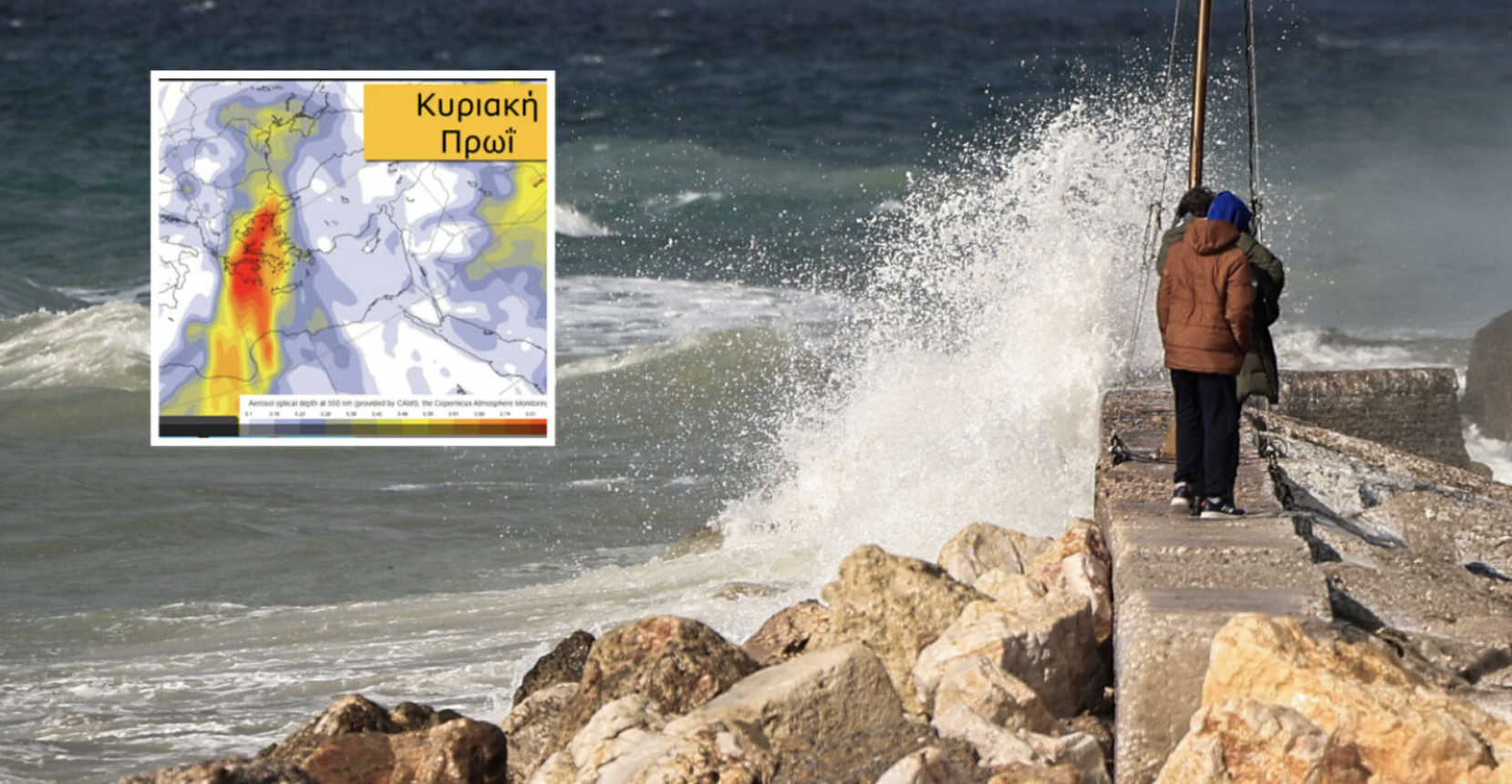When the Carter and Reagan administrations began supporting Islamists in Afghanistan, few policymakers recognized the Pandora’s box they were opening. The great global threat, after all, was Communism. And even if radical Islamism was a threat — as early as 1946, the U.S. intelligence community predicted it would be — Afghanistan was half a world away.
While the notion that the Pentagon and the CIA once allied themselves with the Taliban or al-Qaeda is a popular but achronological myth, the blowback from Cold War support for Islamists is hard to dispute. Hand-wringing about Islamist terrorism and the post–9/11 “global war on terrorism” created a smokescreen that obscured China’s rise and distracted from Russia’s resurgence.
Cold War leaders may have chosen to weaponize Islamism against Communism, but they did not create it. Extremism comes in many sectarian shades and has evolved independently against a sense of malaise within various Muslim societies, sometimes because of European inroads and imperialism, and sometimes for entirely different reasons. Muhammad ibn Abd al-Wahhab (1703–1791) preached a conservatism in central Arabia in order to reverse moral decline among his contemporary society and to return Islam to its fundamentals. Such Wahhabism was austere and extreme but, like Arabia’s interior, largely irrelevant in the broader Islamic world.
That changed in the second half of the 20th century when Saudi Arabia became the world’s top oil exporter. The late historian Bernard Lewis explained what happened next, as Saudi Arabia used its petrodollars to fuel extremism. “Imagine that the Ku Klux Klan gets total control of the state of Texas,” Lewis explained. “And the Ku Klux Klan has at its disposal all the oil rigs in Texas. And they use this money to set up a well-endowed network of colleges and schools throughout Christendom, peddling their peculiar brand of Christianity. You would then have an approximate equivalent of what has happened in the modern Muslim world.”
Read more HERE
Ask me anything
Explore related questions





